Australia and Philippines hedge against China with closer ties
Anthony Albanese has set Australia on a fast track to closer defence and economic ties with The Philippines, signing a new ‘strategic partnership’ with counterpart Ferdinand Marcos.
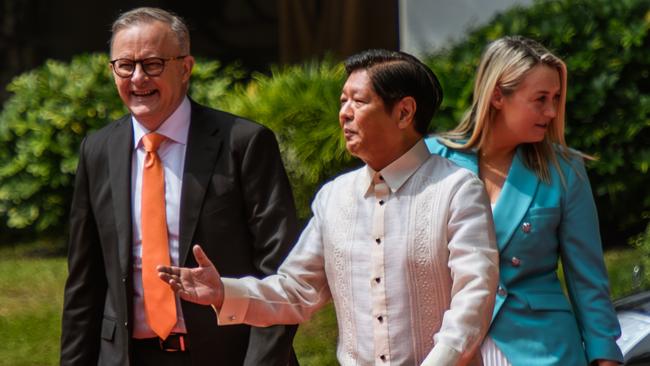
Anthony Albanese has set Australia on a fast track to closer defence and economic ties with The Philippines, signing a new “strategic partnership” with counterpart Ferdinand Marcos and backing the country’s pushback against Beijing in the South China Sea.
The step-up in the nations’ relationship during the Prime Minister’s whirlwind visit to Manila on Friday will pave the way for joint naval patrols in the South China Sea, greater bilateral investment and freer movement of people.
Under the agreement, the nation’s defence ministers will meet annually, and Australia will support peace and security-building efforts on the conflict-affected Philippines’ island of Mindanao.
New agreements were also signed to grant Filipinos access to working holiday visas in Australia, and extend Australian expertise to improve the country’s degraded soils.
Mr Albanese told his host they had “common views” on the need to uphold international law, underlining Australia’s support for a UN tribunal’s ruling in The Philippines’ favour that there was no legal basis to China’s claims to almost all of the South China Sea.
“We have a collective responsibility for security, including support for the UN Convention on the Law of the Sea,” he said.
“It’s very important, and Australia does support the 2016 South China Sea arbitral award. That is final and it’s binding, and it’s important that that be upheld going forward.”
Mr Marcos said he was grateful for Mr Albanese’s backing in repudiating “claims that are being made upon our Philippine maritime territory (that) are not valid and have not been recognised and are not … consistent with international law”.
“And to have friends like you and partners like you, especially on that subject, is very gratifying and encourages us to continue down that path,” he said.
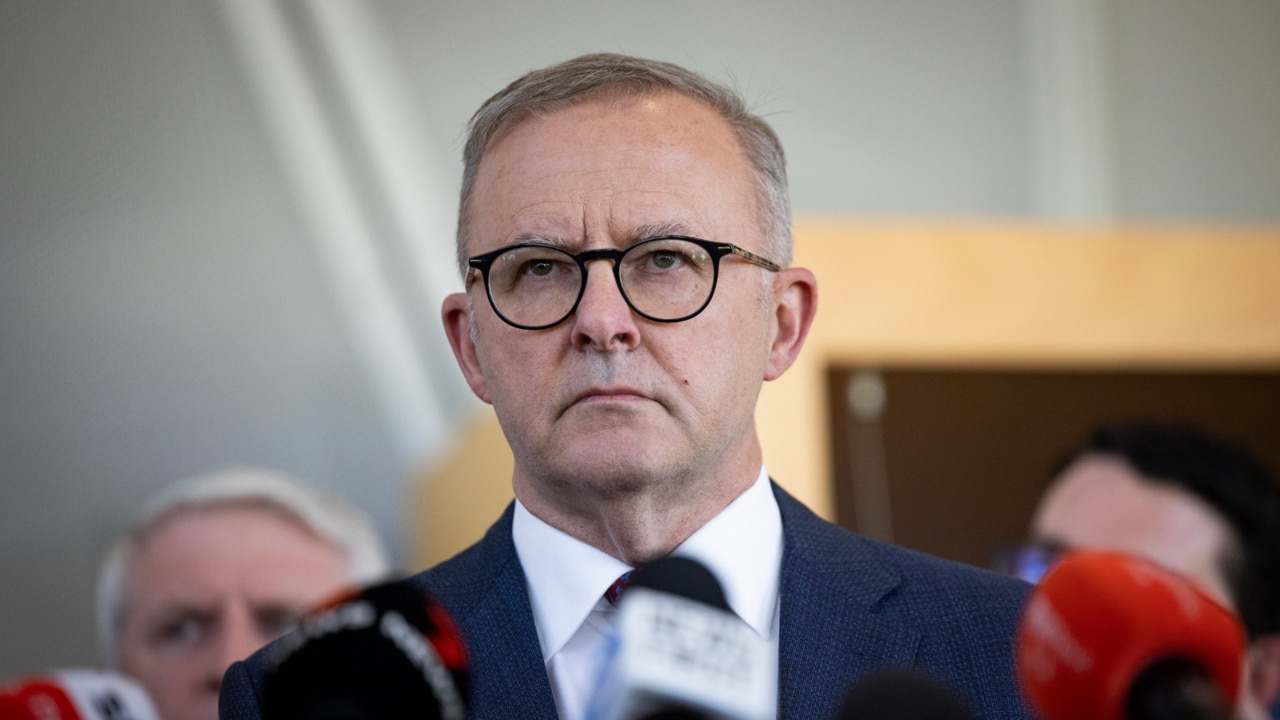
Mr Albanese’s visit, on his way to the G20 leaders summit in India, was the first bilateral trip by an Australian prime minister to The Philippines for 20 years, and follows the first joint amphibious exercise between the countries last month. He confirmed on Thursday after a meeting with Chinese Premier Li Qiang that he would travel to Beijing by the end of the year.
But Australia remains determined to push back strategically against China by strengthening relationships with other regional nations that have felt the effects of Chinese coercion.
The recent joint military exercise was hailed by both countries, and came just days after Beijing fired water cannons to block Manila’s efforts to resupply a vessel stationed on the Spratly Islands’ Second Thomas Shoal.
China seized another disputed atoll, Scarborough Shoal, from The Philippines in 2012, prompting Manila to seek an international ruling on the validity of Beijing claims to almost all of the South China Sea. The UN-backed 2016 ruling found no legal basis to China’s claims, but Beijing has refused to back down and has since accelerated its militarisation of disputed islands and shoals.
China doubled down on its claims in recent weeks, issuing a new “standard map” reasserting its disputed ownership of the waterway, along with parts of northeast India and even a Russian island it had previously agreed to share.
The Philippines is one of the region’s fastest growing economies and was identified by Southeast Asia envoy Nicholas Moore as a prime opportunity for a boost in two-way trade and investment.
More than 400,000 Australians have Filipinos heritage, while the country is Australia’s fifth-ranking source of incoming travellers and international students.
Mr Albanese flew out late on Friday for New Delhi. Chinese President Xi Jinping has snubbed this year’s G20 meeting, in an apparent bid to take the gloss off host Narendra Modi.


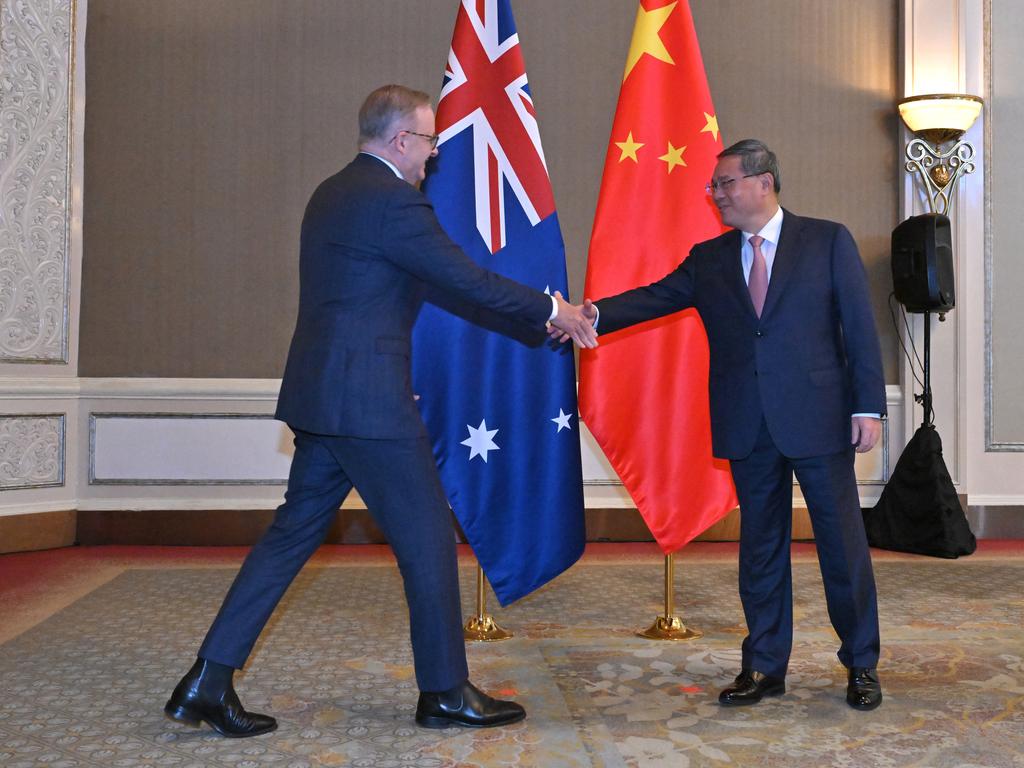
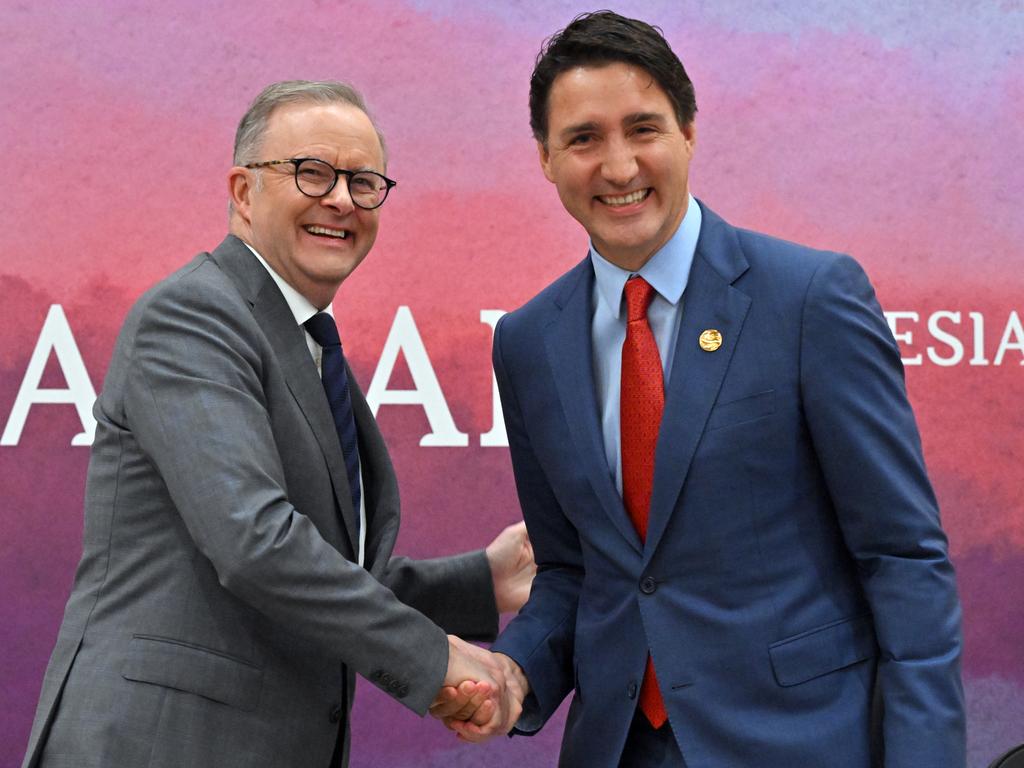
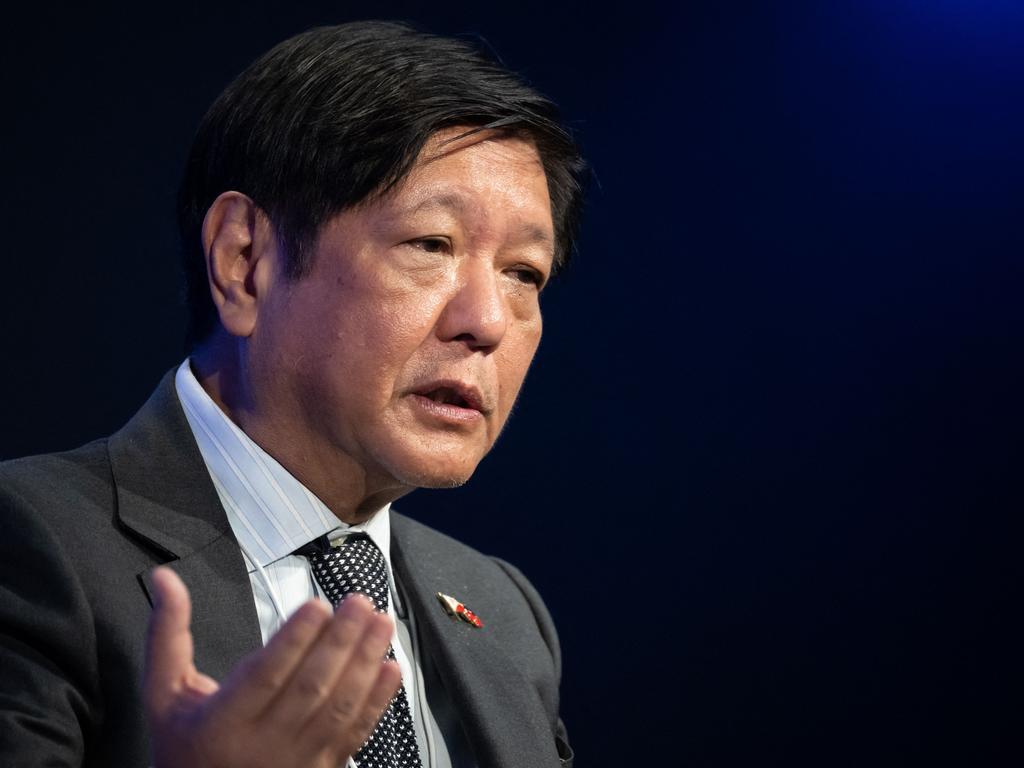
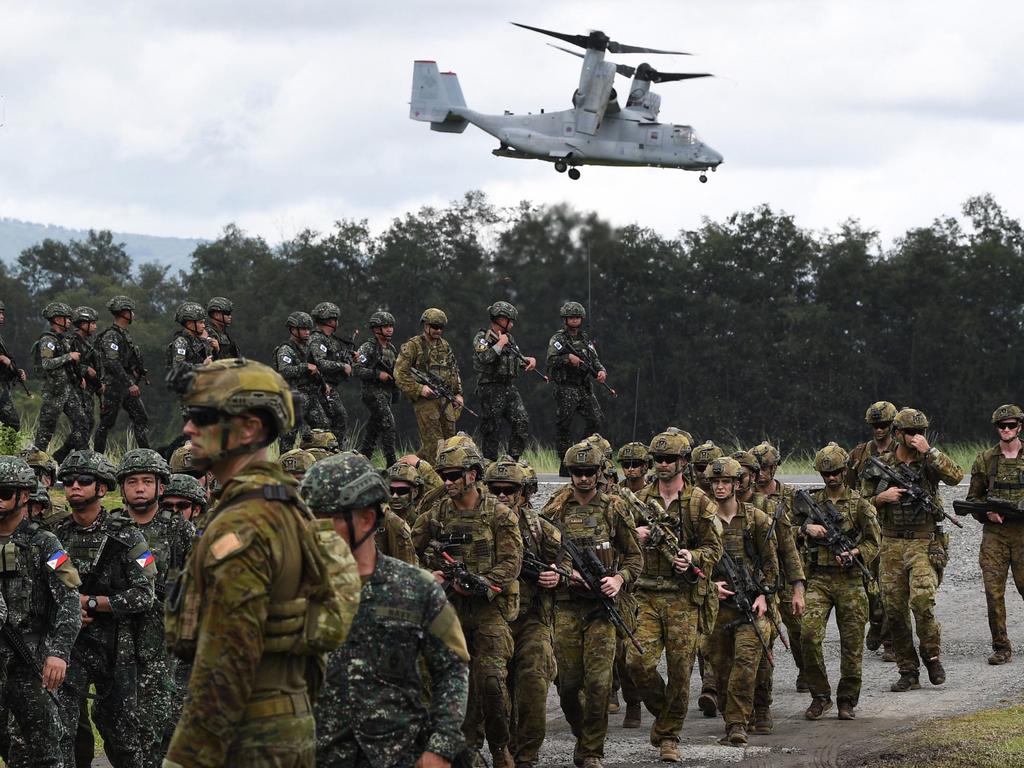


To join the conversation, please log in. Don't have an account? Register
Join the conversation, you are commenting as Logout